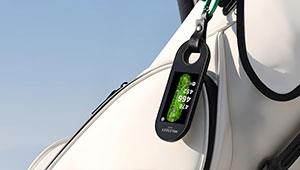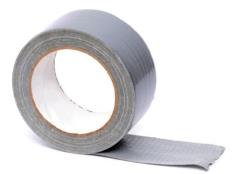Cleaning and Gut Your Fish
On the belly of the fish, insert the knife into the anus, near the tail. Slowly slide the knife toward the head of the fish and stop at the base of the gills. Open the abdominal cavity, grab the entrails, pull, and remove. Some fish have a kidney located by the spine, which you can remove with a spoon.
Always remove the darkened inner membrane (only some fish have this) with a scraping motion--the membrane negatively affects the flavor. Remove the head, if desired, by cutting behind the gills. Rinse the fish and the internal cavity.
How to Prep a Fish for Cooking
Fillet
Use the fillet method on large fish to negate the need for scaling or skinning. Lay the fish on its side and hold the head. Insert the fillet knife behind the pectoral fin and cut downward to, but not through, the backbone.
Turn the knife flat with the sharp edge pointed toward the tail and use a sawing motion to slowly work down toward the tail; stay as close as possible to the backbone. Once you've cut through to the tail, turn the scale side down on the table. Insert the knife between the flesh and the skin and use the same sawing motion to remove the meat. Repeat the process on the other side of the fish and rinse in cold water when you're finished.
Steaking
Use steaking as an alternative to filleting when you prepare salmon or large fish. Cut perpendicular to the work surface, along the entire fish. These cuts are traditionally 1/2- to 1-inch thick. Don't forget to trim any excess fat or bones without removing the backbone.
 Book your next camping trip
Book your next camping trip
- 2
- of
- 2








Discuss This Article